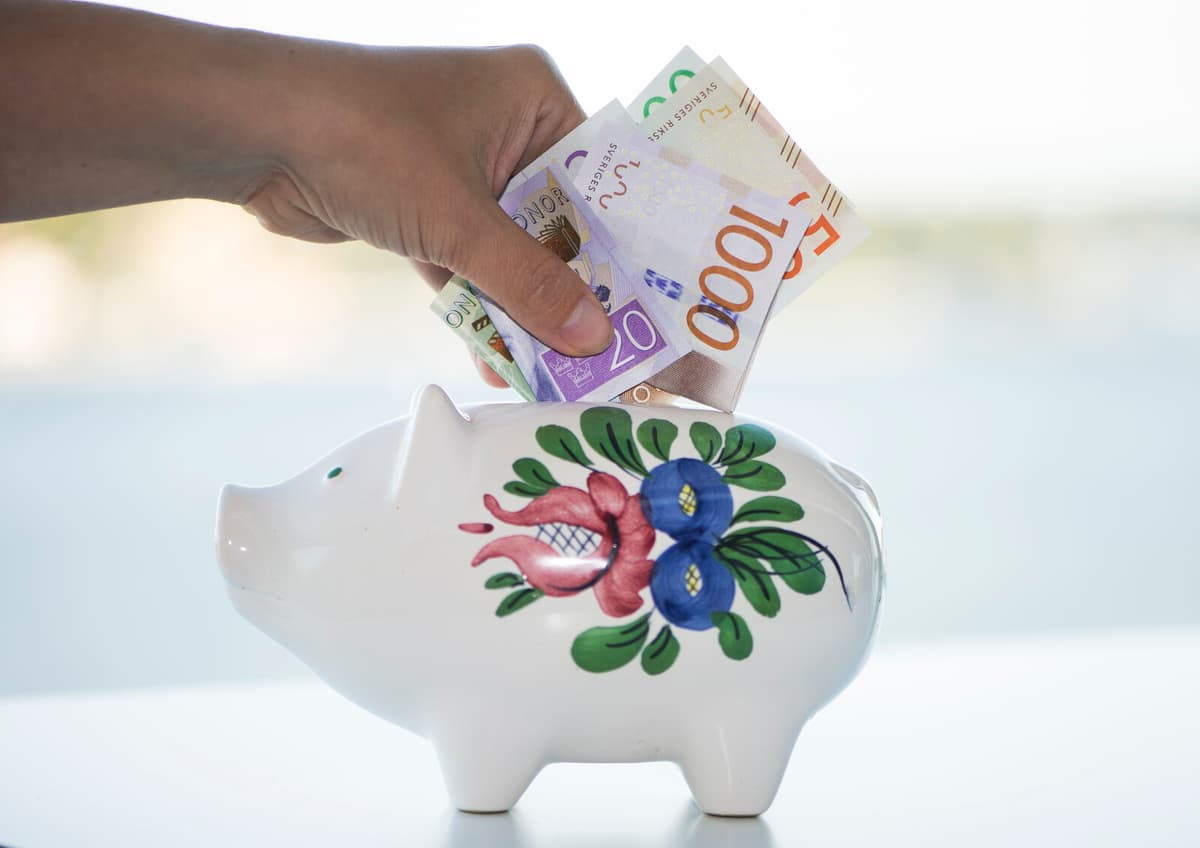From the turn of the year, savings on ISK will be tax-free up to 150,000 kronor and from 2026, the limit will be raised to 300,000.
For those who are not so risk-prone and just want to earn interest on their money, it would therefore be profitable to move their savings from a savings account to an ISK, provided that some interest is paid. However, banks currently offer zero interest or only a small interest on ISK.
Start marketing
Therefore, it remains worthless, according to Christina Sahlberg, savings economist at Compricer. A higher interest rate on a regular savings account still provides better returns.
But it may change with the tax exemption. Both banks and their customers would benefit from sharing the state's "tax gift".
When TT talks to some of the major banks, they do not say that the interest rate on ISK will be raised, but hint that it will depend on the competitive situation. It may therefore become a scramble for Swedes' potentially tax-free savings.
I think now that banks might start marketing this as a savings account. Because it's actually very good for banks if we save money that they don't have to pay much interest on, says Christina Sahlberg.
Even some authorities, including the National Financial Management Authority, have pointed out that households will have tax incentives to move their savings from regular savings accounts, where interest is taxed, to the tax-free ISK.
Not the purpose
Now, both banks and Christina Sahlberg point out that the purpose of ISK is to save in stocks and funds, not to keep cash there. This is because the flat-rate tax has made savings with low returns a losing business.
But this will change partially when the flat-rate tax disappears on the first 150,000 kronor.
However, historically, saving in securities has always been better than interest savings. And ISK has been, and will become even more, a very tax-favorable way to see one's capital grow, provided that the funds increase in value.
From the turn of the year, the flat-rate tax on all savings over 150,000 kronor will also be reduced, since the interest rate that determines the tax has been reduced.
From the turn of the year, all savings on ISK (investment savings account) up to 150,000 kronor will be tax-free - a tax-free allowance that will be raised to 300,000 from 2026.
On amounts above this, the savings capital will be taxed with a flat-rate tax that will be 0.89 percent of the account value next year.
Profits from stock or fund sales can be withdrawn tax-free.






